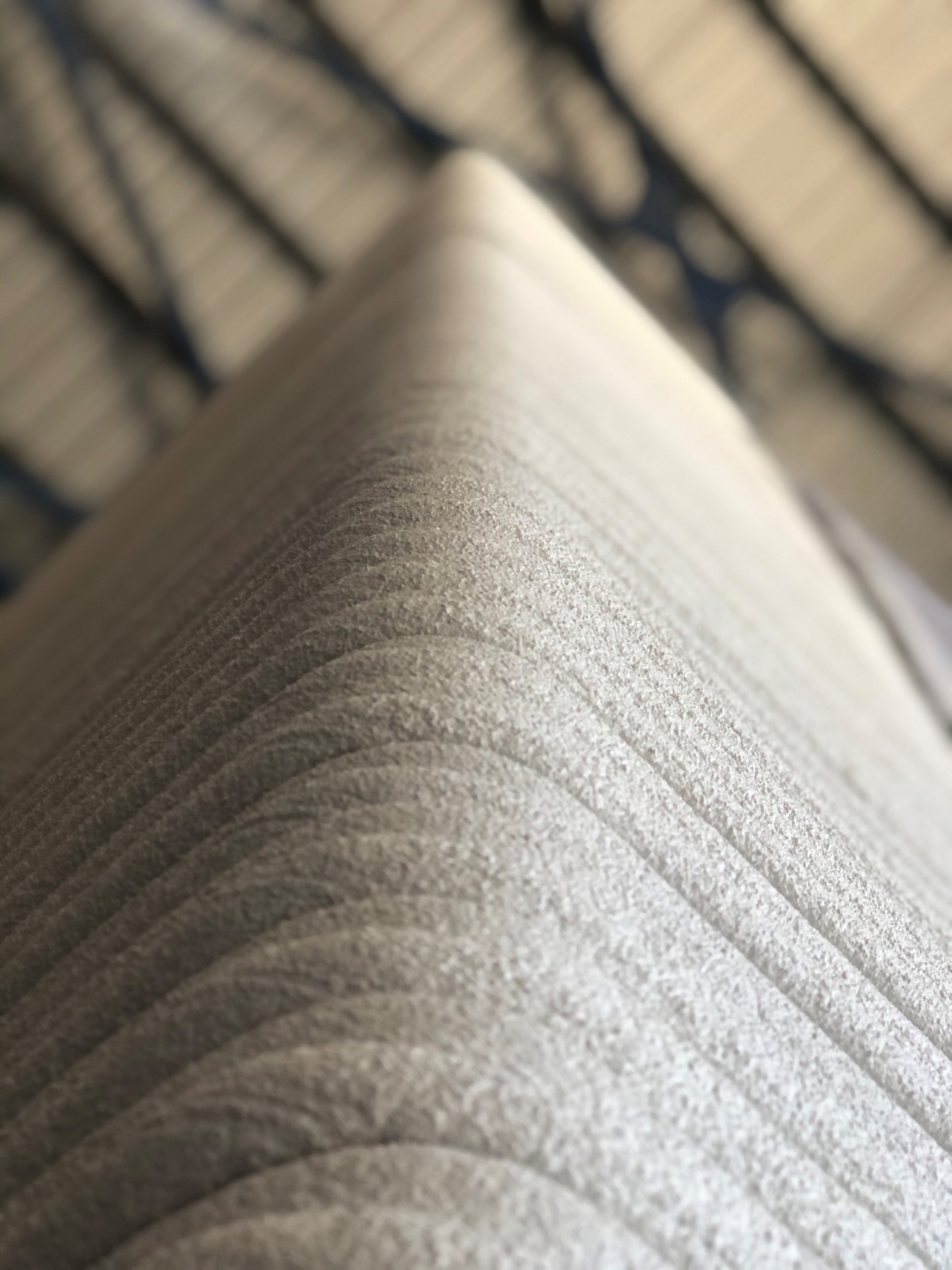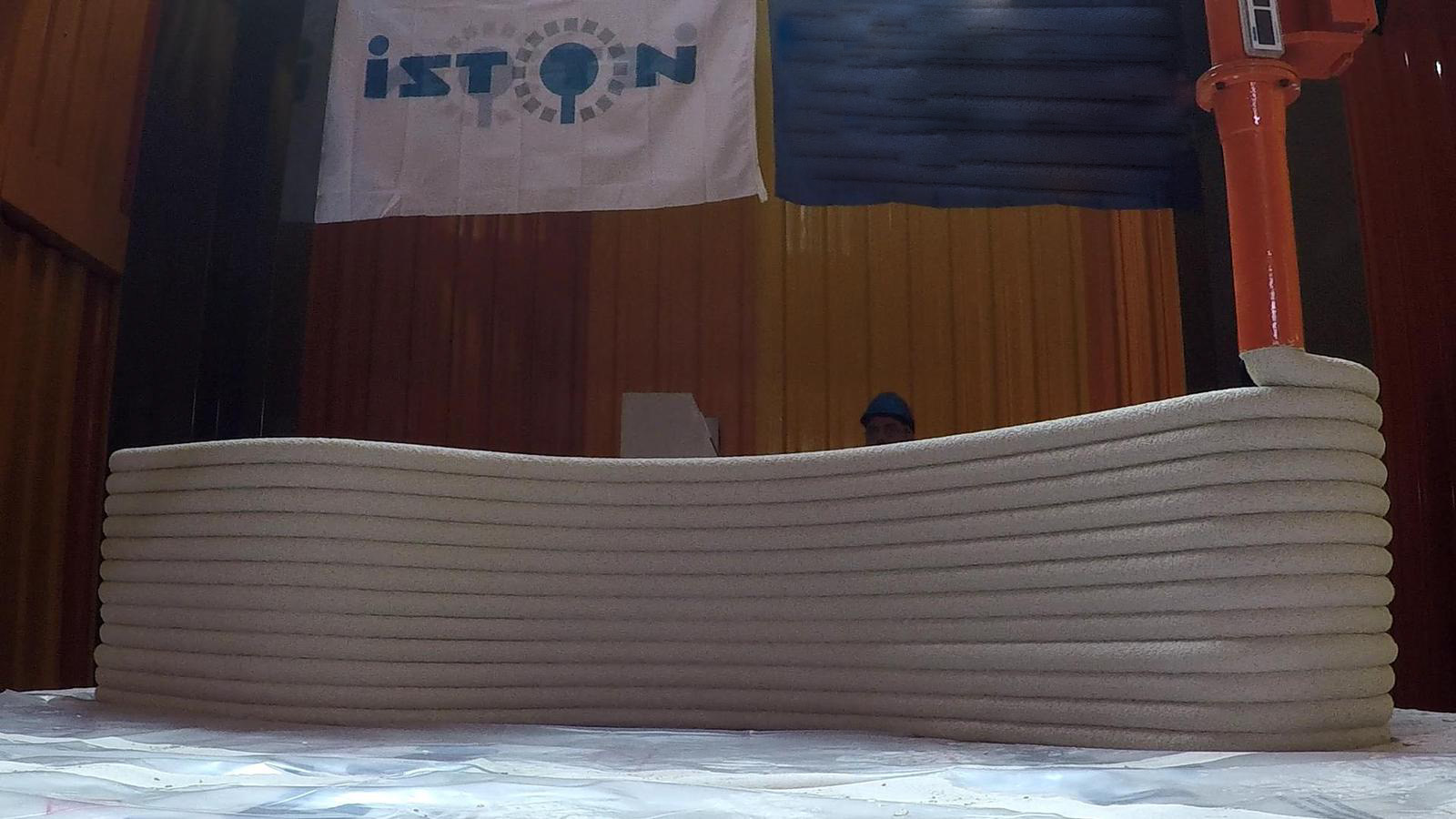New International Project on Climate-Resilient 3D-Printable Building Components
Project name: Climate-resilient 3D-printable building components incorporating sustainable and low-cost materials (3D-PC): Providing low-cost and high-speed housing for vulnerable populations.
Funding Agency: TÜBİTAK-British Council (UK) Bilateral Cooperation (Institutional Links) Programme
Project Objective: There is an urgent need to provide low-cost and high-speed accommodation to vulnerable groups (e.g., refugees and earthquake survivors). Existing solutions such as tents and prefabricated units are generally fast and cheap to set; but for people, whose temporary housing becomes almost permanent due to ongoing wars and economic fluctuations, these solutions result in poor living conditions, resulting in undesirable outcomes, including occupant discomfort, security vulnerabilities, fire hazards, and diseases. Building housing units completely or partially from 3D-printed components can be a feasible alternative for these regions. The 3D-PC project aims to develop climate-resilient 3D-printable building components from low-cost, sustainable materials, covering additive manufacturing and advanced material technologies areas. Locally available natural and waste materials and by-products will be converted to printable composites via an innovative activation-nucleation technique. 3D-printed components will possess high thermal performance, flexibility, and functional geometries, optimized by computational mechanics and numerical analysis. Life-size building elements will be 3D-printed in collaboration with İSTON. The present project where a multidisciplinary and diverse team will conduct research will be finalized with a proposal of a comprehensive framework to provide guidance on the steps required to achieve the desired sustainability, cost, and flexibility aspects, accessible by all users (e.g., academic beneficiaries, construction industry, policymakers, and local communities). Created expertise and technological capabilities through the project will enable a circular economy and boost the economy by providing safer housing opportunities for vulnerable groups, increased jobs for skilled labor, and allowing the production of new design concepts contributing to Türkiye and the UK's innovation-driven growths.
Project Coordinators: Dr. Çağla Meral Akgül (METU Civil Engineering Department), Dr. Çise Ünlüer (University of Glasgow, Infrastructure and Environment Division)
Project Duration: 24 months
Partners:
• Çağla Meral Akgül, Middle East Technical University
• Çise Ünlüer, University of Glasgow
• Hüsnü Dal, Middle East Technical University
• Y. Eren Kalay, Middle East Technical University
• İpek Gürsel Dino, Middle East Technical University
• Afşin Sarıtaş, Middle East Technical University
• Peter Grassl, University of Glasgow
Total Budget: TBA


